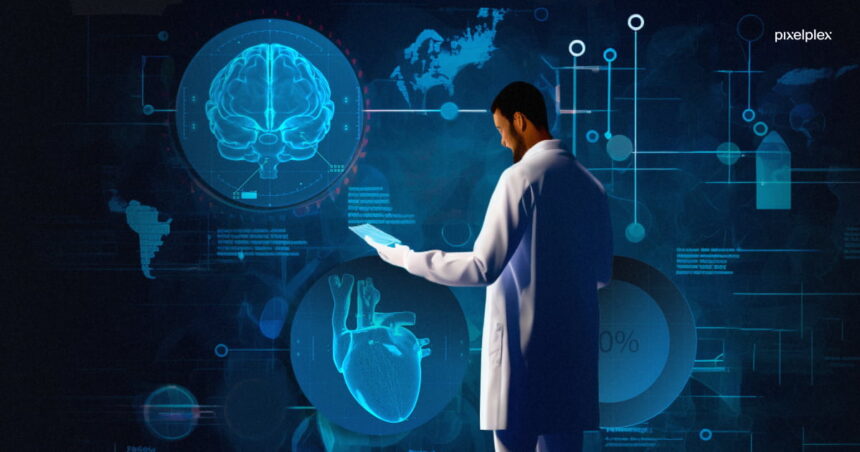Big data analytics is revolutionizing the healthcare industry by providing unprecedented insights that enhance patient care, improve operational efficiency and drive medical research. With the ability to process vast amounts of data from various sources, big data analytics is helping healthcare providers make more informed decisions, personalize treatments and ultimately improve patient outcomes. Here’s an in-depth look at how big data analytics is transforming healthcare.
Enhancing Patient Care
Personalized Medicine
One of the biggest impacts of big data analytics in healthcare is the shift towards personalized medicine. By analyzing genetic, environmental and lifestyle data, healthcare providers can tailor treatments to individual patients. This personalized approach leads to more effective treatments and better patient outcomes. For example, cancer treatments can be customized based on a patient’s genetic profile, improving the efficacy of therapies and reducing adverse effects.
Predictive Analytics for Early Intervention
Big data analytics enables predictive modeling, which can identify patients at risk of developing certain conditions. By analyzing historical and real-time data, healthcare providers can detect patterns and trends that indicate the early stages of diseases such as diabetes, heart disease and cancer. Early intervention allows for timely treatment and lifestyle changes, potentially preventing the progression of these conditions and reducing healthcare costs.
Improving Operational Efficiency
Streamlining Hospital Operations
Hospitals generate massive amounts of data daily, from patient records and treatment plans to supply chain logistics and staff schedules. Along with managed IT services, big data analytics helps streamline these operations by identifying inefficiencies and optimizing resource allocation. For instance, predictive analytics can forecast patient admissions, allowing hospitals to better manage bed occupancy and staffing levels.
Reducing Healthcare Costs
By leveraging big data analytics, healthcare providers can identify cost-saving opportunities without compromising patient care. For example, analyzing data on hospital readmissions can uncover patterns and causes, enabling interventions that reduce unnecessary readmissions. Additionally, optimizing supply chain management through data analysis can reduce waste and make sure that medical supplies are available when needed, further cutting costs.
Driving Medical Research and Innovation
Accelerating Drug Discovery and Development
The drug discovery process is notoriously time-consuming and expensive. Big data analytics accelerates this process by analyzing vast datasets to identify potential drug candidates and predict their efficacy. Machine learning algorithms can sift through scientific literature, clinical trial data and genetic information to find promising compounds.
Advancing Genomic Research
Big data analytics plays a large role in genomic research by analyzing large-scale genomic datasets. This analysis helps researchers understand the genetic basis of diseases and identify potential targets for treatment. For example, by analyzing the genomes of thousands of cancer patients, researchers can identify common genetic mutations that drive tumor growth. This knowledge can lead to the development of targeted therapies that are more effective and have fewer side effects.
Improving Patient Engagement and Experience
Empowering Patients with Information
Big data analytics empowers patients by providing them with information about their health and treatment options. Wearable devices and mobile health apps collect data on physical activity, heart rate and other vital signs, which can be analyzed to provide personalized health insights.
Big Data Meets Modern Demands
From personalized medicine and early intervention to streamlined hospital operations and reduced healthcare costs, the benefits of big data analytics are vast. By harnessing the power of big data, the healthcare industry can continue to evolve and meet the growing demands of modern medicine.






